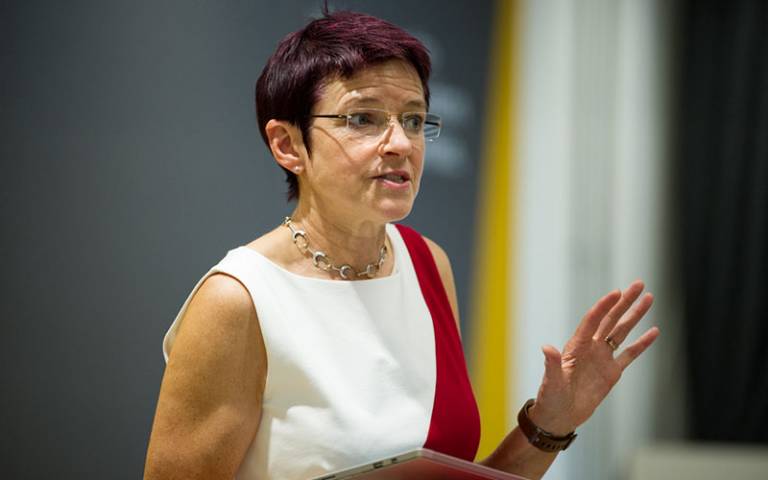How ready is UCL for the Knowledge Exchange Framework (KEF)?
20 October 2017
In a speech at the recent HEFCE conference (12 October 2017), the Universities Minister Jo Johnson set out some ideas around the development of the Knowledge Exchange Framework (KEF).

As outlined in the speech, the KEF will complement the Research Excellence Framework (REF) and Teaching Excellence Framework (TEF), to which our sector already responds. Knowledge exchange and innovation is one of three key university activities, alongside research and teaching, supported by the UK government (and other governments worldwide).
The UK government has recognised the importance of knowledge exchange since the Higher Education Innovation Funding (HEIF) was introduced in 2001. It's provided direct financial support to universities through the HEIF grant allocation, for which UCL receives the maximum allowable award.
How UCL is preparing for the KEF
UCL is in a good position to participate in the forthcoming KEF assessment. HEFCE’s recent publications on best practice in the sector, and in particular the recommendations of the McMillan Review: Good practice in technology transfer, have fed into the thinking and underpinning of the recently published UCL Innovation and Enterprise Strategy 2016-2021. We're already putting this strategy into action - check our progress - with a focus on clarity of governance on IPR (intellectual property rights), support for business partnerships and research commercialisation.
UCL Innovation & Enterprise is influencing government thinking through our close involvement with relevant external bodies, such as:
- PraxisAuril - Martin Davies, Director of Business and Innovation Partnerships, is a board member
- the BioIndustry Association - Celia Caulcott, Vice-Provost (Enterprise), is a board member
- the group of six leading UK university technology transfer businesses - UCLB is a member
We're actively supporting and building UCL’s culture of innovation and enterprise in many ways. For example, we're currently seeking nominations for the Provost’s Spirit of Enterprise Award and have a number of live funding calls, through which we're using the HEIF grant to support innovation and knowledge exchange at UCL.
Notes
Jo Johnson’s vision of a Knowledge Exchange Framework builds upon the existing processes whereby HEFCE’s HEIF funding is allocated based on performance in the HESA Higher Education - Business and Community Interaction Survey (HEBCIS), supported by the five-year KE strategies submitted by institutions, and their annual reporting on their use of HEIF. HEFCE publishes institutional HEIF strategies, and an annual report on the performance of the sector. Further information can be found on the HEFCE website.
You can read the full transcript of Jo Johnson’s speech ‘How universities can drive prosperity through deeper engagement - with business, communities and the world’, on the Times Higher Education website. A summary is also available from the Department for Business, Energy and Industrial Strategy.
For further information or enquiries about anything in this article, please contact UCL Innovation & Enterprise: Innovation Planning
 Close
Close

